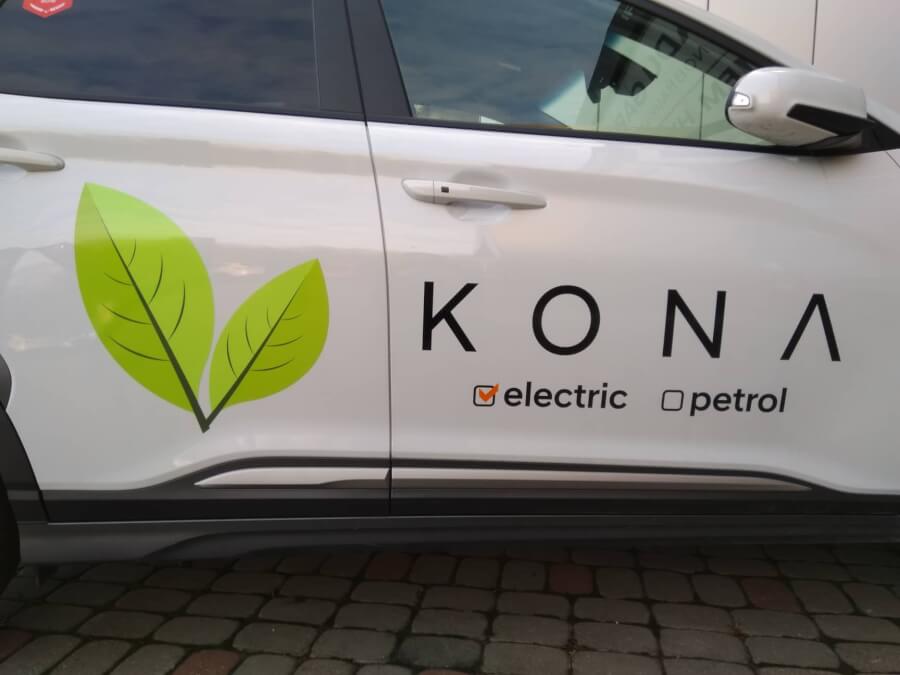<div data-url="https://uzladets.lv/?p=7554" data-title="
Survey: Every fourth Latvian wants to buy an electric car in the next five years “>
In the coming years, the number of electric cars on Latvian roads will increase significantly – almost every fourth or 23% plan to buy an electric car in five years, while Lithuania is the leader in the use of electric cars in the Baltic States, where there is the greatest public support – 92% Citadele and Norstat Baltic population survey conducted in September.
In ten years, probably 39% of the population in Latvia will drive an electric car, according to a survey. The use of electric cars is most often supported by women, under the age of 29, from Kurzeme and Riga, while the supporters of the internal combustion engine are more often men, in the age group over 50, from Vidzeme and with more than 4 children.
In general, public support for the use of electric cars is high, and it is also supported by those who do not plan to buy a personal car.
A survey of Baltic residents shows that Lithuanians are the biggest supporters of electric cars – twice less in Lithuania than in the other Baltic countries or only 6%, while 13% and 16% in Latvia say they never plan to buy an electric car because they only support internal combustion engine cars.
The underdeveloped charging network, the possible mileage and charging time, as well as the relatively high initial costs are recognized by the residents of all three Baltic States as the most significant obstacles to the use of electric cars. 63% of respondents in Latvia point to an underdeveloped car charging network and 60% to the possible mileage and duration of charging, as well as 54% mention relatively high initial costs. On the other hand, other barriers, such as financial incentives, suitability for climatic conditions and living in an apartment building, are, according to the respondents, twice as insignificant.
By solving the questions about the practical obstacles that the residents have indicated in the survey, the electric car can enter our daily lives even faster than we think, because emotionally the society is open and ready to use the electric car. If initially several years ago the choice of electric cars was perhaps largely emotionally justified, now there is already an economic justification for the purchase of electric cars. Manufacturers are working intensively on new models of electric cars – the potential mileage is significantly increased, while price differences are narrowing. After the leasing requests, we see that currently the biggest interest in purchasing electric cars is for entrepreneurs. They estimate that with leasing and no down payment, it is possible to reduce the initial cost of purchasing an electric car. In turn, for households, the electric car is most often the second car in the family.
Pēteris Plaudis, Chairman of the Board of Citadele Leasing and Factoring
Residents of the Baltic States agree on two main advantages of electric cars – the car does not pollute the environment with exhaust gases, and has a quiet engine that does not make noise. The people of the Baltic States are divided on other advantages. Unlike Lithuania and Estonia, Latvians do not appreciate low operating costs. In Latvia, other additional financial benefits are highly valued – for example, no taxes, free parking, the opportunity to drive along the public transport lane. In Lithuania, on the other hand, the third most important advantage of electric cars is that it is an innovative technology of the future, while in Estonia – that the car can be charged at home.
Residents of the Baltic States a survey on the use of electric cars In mid-September, the research agency Norstat conducted a survey of 1,004 respondents in Latvia, 1,000 in Lithuania and 1,000 in Estonia. Respondents are between 18 and 74 years old and the sample is representative.
Charged opinion
The results of this survey confirm once again that the thinking of the Ministry of Transport is very detached from reality. Glad that, despite the Minister’s statements, such a large number would choose an emission-free private vehicle. However, I suspect that the results of this survey will not come true. Why? Because there will be much better results.
Yes, currently among the new machines electric car is chosen <10%, but next year such machines as VW ID.3, Škoda Enyaq a Dacia Spring Electric raus roof. The main obstacle at the moment is the inability of production to meet demand.
It is actually good in Latvia developed charging network and we generally have good access to electricity throughout the country. Another thing is that the public is not well informed about this. Its charging stations aren’t big enough to notice. DUSs put up huge signs and hang tempting sausages to spot them. Even a person who does not need fuel notices such advertisements. Meanwhile, who notices a small white locker a little off the highway, the existence of which is indicated by one small white road sign?
It’s a little funny that the proponents of an internal combustion engine are men over the age of 50. It’s also the person I usually think of who screams that an electric car is bad and useless – a person who doesn’t want things to change because afraid of changebecause you just get used to these convenience with all its side effects.



